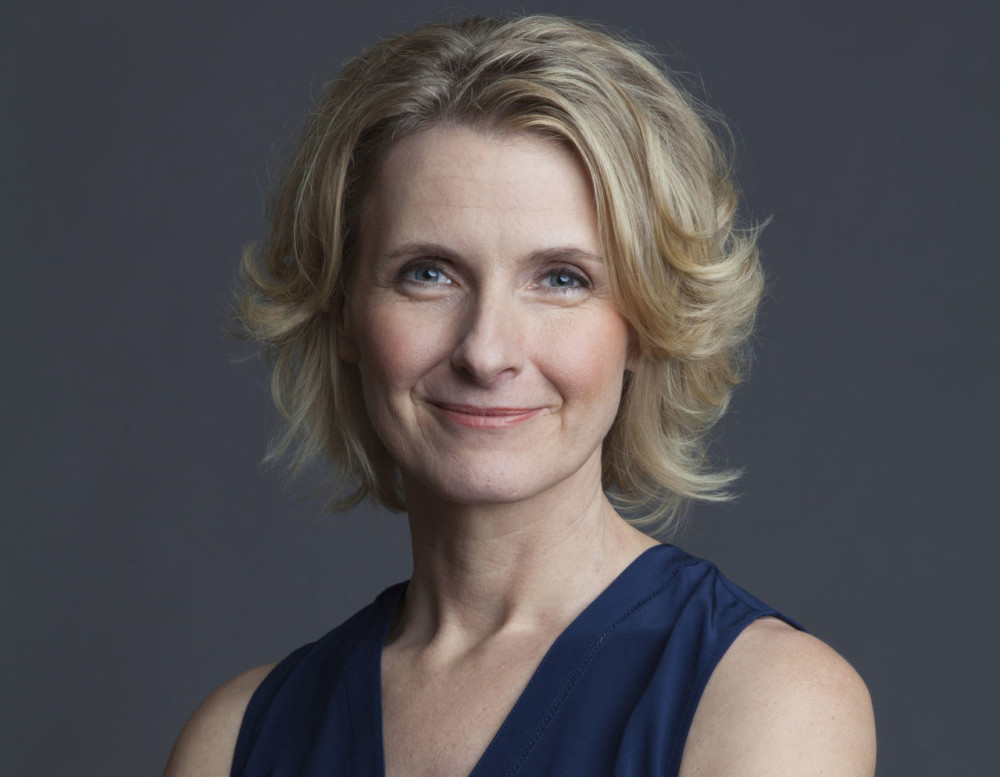OPINION
By Heidi Stevens
Chicago Tribune
Chicago
“Eat, Pray, Love” author Elizabeth Gilbert shared some personal news Wednesday that left many cheering and a handful jeering, not unlike her book.
In a Facebook post that was shared close to 4,000 times by Thursday morning and commented on by more than 8,000 readers, Gilbert announced that she’s in love with her best friend of 15 years, Rayya Elias, and that their partnership is the reason she’s divorcing her husband, Brazilian businessman Jose Nunes. (He was Felipe in her 2006 best-seller.)
Gilbert first announced her split from Nunes in July (also on Facebook) and asked for privacy.
“Our split is very amicable. Our reasons are very personal,” she wrote at the time. “At this time of transition, I hope you will respect our privacy. In my heart, I know that you will do so, because I trust that you understand how this is a story that I am living, not a story that I am telling.”
On Wednesday, she was ready to tell.
Elias, a Syrian-born American musician and filmmaker, was diagnosed with incurable liver and pancreatic cancer this spring, Gilbert wrote Wednesday, and the news shook Gilbert to her core.
“Death, or the prospect of death, has a way of clearing away everything that is not real, and in that space of stark and utter realness, I was faced with this truth: I do not merely love Rayya; I am in love with Rayya,” she wrote. “And I have no more time for denying that truth.”
She continued: “For those of you who are doing the math here, and who are wondering if this situation is why my marriage came to an end this spring, the simple answer is yes.”
Any of us who’ve loved, of course, know the answer is never simple.
I admire Gilbert for going public with the second half of her story, the one she’s now living and telling. It would have been relatively easy for her to continue describing Elias simply as her best friend, and even to tell herself (as we do in matters of love) that she was mostly telling the truth.
But she chose the more honest path.
“For reasons of my own integrity and sanity, I need to be able to walk into any room in the world with Rayya on my arm, feeling relaxed enough to stand comfortably in simple openness about who we actually are to each other,” she wrote.
“Pretending is demeaning, and it makes you weak and confused, and it’s also a lot of work. I don’t do that kind of work anymore.
“Here’s what it comes down to for me. I need to live my life in truth and transparency, even more than I need privacy, or good publicity, or prudence, or other people’s approval or understanding, or just about anything else. Truth and transparency not only make my life more ethical, but also easier. (Why easier? Because untruth is always complicating, and truth, no matter what the consequences, is always strangely simplifying.) So that is why Rayya and I have decided together to speak up publicly now, both about her cancer and about our love for each other.
buy vigora generic buy vigora online no prescription
It’s for the sake of our own integrity, but it’s also intended to make our lives simpler.”
For those who received Gilbert’s announcement as self-aggrandizing or calculated (I saw a lot of social media eye rolling Wednesday, mostly accompanied by “There’s her next mediocre book” predictions): Consider how difficult it must be to invite the public to dissect your life and your art as one intertwined thing, as memoirists do.
It’s self-centered, in a way. But it’s also brave and generous, in that it offers the rest of us a chance to recognize and understand ourselves through someone else’s story.
Memoirs open up a tangled mess of questions, including how much to reveal outside of the art. You’ve welcomed the public into your life. Now how much transparency do you owe them?
Gilbert decided she owed quite a bit, to the public, and to her partnership. I applaud her honesty, and I hope it gives others the strength to live out their own truth.
ABOUT THE WRITER
Heidi Stevens is a columnist for the Chicago Tribune.














































































































































































































































































































































































